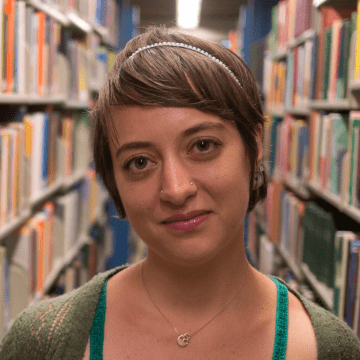

 University of California Press
University of California Press
The Gentrification of the Internet: How to Reclaim Our Digital Freedom


Key Metrics
- Jessa Lingel
- University of California Press
- Paperback
- 9780520395565
- -
- -
- Social Science > Media Studies
- English
 Secure Transaction
Secure TransactionBook Description
The internet has become a battleground. Although it was unlikely to live up to the hype and hopes of the 1990s, only the most skeptical cynics could have predicted the World Wide Web as we know it today: commercial, isolating, and full of, even fueled by, bias. This was not inevitable. The Gentrification of the Internet argues that much like our cities, the internet has become gentrified, dominated by the interests of business and capital rather than the interests of the people who use it. Jessa Lingel uses the politics and debates of gentrification to diagnose the massive, systemic problems blighting our contemporary internet: erosions of privacy and individual ownership, small businesses wiped out by wealthy corporations, the ubiquitous paywall. But there are still steps we can take to reclaim the heady possibilities of the early internet. Lingel outlines actions that internet activists and everyday users can take to defend and secure more protections for the individual and to carve out more spaces of freedom for the people--not businesses--online.
Author Bio
Jessa Lingel is an associate professor at the Annenberg School for Communication, where she studies digital culture, looking for the ways that relationships to technology can show us gaps in power or possibilities for social change. She received her Ph.D. in Communication and Information from Rutgers University. She has an M.L.I.S. from Pratt Institute and an M.A. from New York University.
Lingel’s research focuses on three key areas: alterity and appropriation, and investigations of how information and technology is altered, tinkered with, subverted, and articulated by marginalized groups; politics of infrastructure, where systems of categorization, organization, and design can reveal underlying ideologies and logics; and technological activism as a way of exploring how socio-technical practices can contribute to projects of social justice.
In her activist work, Lingel concentrates on prison abolition, libraries as vehicles for DIY education, and local access to mental health resources.
Education
B.A., University of California, San Diego, 2004
M.A., New York University, 2005
M.S., Pratt Institute, 2008
Ph.D., Rutgers University, 2013
Source:
Videos








Community reviews
Write a ReviewNo Community reviews